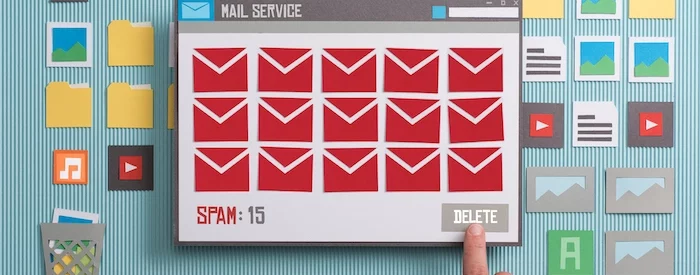Business Risk Management Framework: Key Components and Best Practices
The average business loses up to 5% of its annual revenue to fraud. [footnote]GRFCPA. “ACFE Study Finds Median Losses from Occupational Fraud Increasing.” Accessed May…
Here you’ll find a collection of articles exploring a wide variety of business topics. May it be from breaking down a merchant agreement to going into depth about your business credit score, we aim to educate and inform our readers on all things business so that they can make the best decisions for their companies.
So whether you’re just starting out or you’re a seasoned veteran, we hope you’ll find something useful in our articles. If you’re not sure where to start, check out our blog. There’s a lot to learn when it comes to running a business, but luckily we’re here to help. Stay tuned for more great content on all things business!
The average business loses up to 5% of its annual revenue to fraud. [footnote]GRFCPA. “ACFE Study Finds Median Losses from Occupational Fraud Increasing.” Accessed May…

Before diving into what Revenue Cycle Management is, we need to understand why it's needed. The US healthcare industry continues to expand rapidly — domestic…

You’ve completed all the necessary steps to accept payments on your site, but there are payment types you’ll take and some you won’t or can’t.…

With more than 300 billion emails sent and received worldwide every day, there's no doubt that email is a critical tool in many of our…

Peer-to-peer transactions have significantly changed the way we do business, with a range of new fintech tools aiding businesses and shoppers around the world. Payment…

As a business owner, optimized payment infrastructure is crucial for your cash flow. But how can you make this process as easy and convenient as…

Over 90% of enterprise professionals prefer unified platforms over multiple disconnected systems, indicating that a single integrated ERP system can benefit businesses significantly.[footnote]Workato. "18 business…

When it comes to bulk purchasing, a group purchasing organization can help bring individual unit costs down. This is called group buying, and it's a…

Small businesses often face the challenge of managing and accepting payments efficiently—and that's on top of everything else they're doing to manage their finances. Streamlining…

Product descriptions are an essential element of any online store or eCommerce website. Intended to aid the sale of a product, these relatively brief paragraphs…
